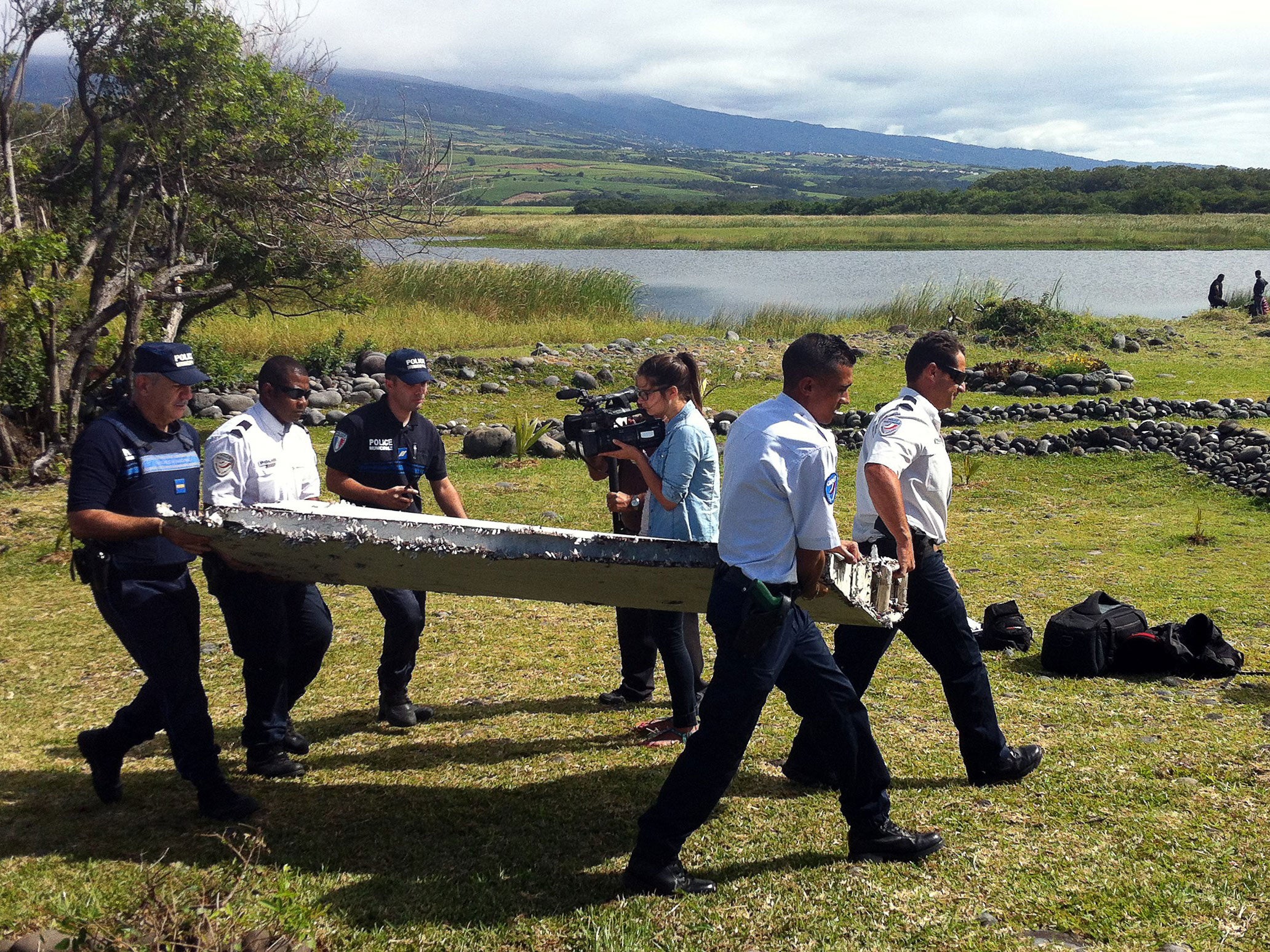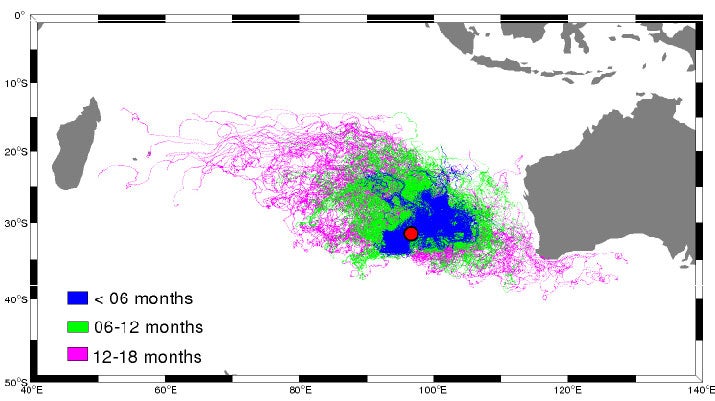I predicted MH370 would end up at Reunion Island. Its discovery could debunk conspiracy theories
According to oceanographic investigation I did after the flight's disappearance, a crash in the south-east Indian Ocean meant this would happen. But at the time, nobody cared

Your support helps us to tell the story
From reproductive rights to climate change to Big Tech, The Independent is on the ground when the story is developing. Whether it's investigating the financials of Elon Musk's pro-Trump PAC or producing our latest documentary, 'The A Word', which shines a light on the American women fighting for reproductive rights, we know how important it is to parse out the facts from the messaging.
At such a critical moment in US history, we need reporters on the ground. Your donation allows us to keep sending journalists to speak to both sides of the story.
The Independent is trusted by Americans across the entire political spectrum. And unlike many other quality news outlets, we choose not to lock Americans out of our reporting and analysis with paywalls. We believe quality journalism should be available to everyone, paid for by those who can afford it.
Your support makes all the difference.After the MH370 crash occurred, the media interest was intense – and as an expert in oceanography in Australia, I was regularly contacted. People were fascinated about the reasons behind the crash and tantalised by the idea that the plane seemed to have quite literally disappeared off the edge of the planet. My role in locating the plane began with speculating where debris might wash up, according to where the search area should be. Once it was clear that the South China Sea didn’t hold the answer to the unexplained vanishing of 200 people and a huge Boeing-777, and that search area was moved to the south-east Indian Ocean after much furore, I realised that through oceanographic predictions I could work out when we would be most likely to find out more about MH370.
At the University of Western Australian, we had the tools to provide information called ‘drift modelling’. Combine this with a look at the oceanographic conditions in the region – how seas are affected by storms or typhoons and how this might affect large debris being carried, for instance – and you can come up with a fairly accurate map of where something like a Boeing-777 will end up, on a certain time scale. If experts were right and the plane had indeed come down in the south-east Indian Ocean, then I predicted that the wreckage –and its contents – would take around 18 months to reach Reunion Island. MH370 disappeared on March 8th, 2014: just under 17 months ago. This means we’re on a realistic time scale to find debris. I wouldn’t be surprised if the flaperon that washed up on Reunion Island did indeed belong to MH370.
Media interest has ignited again following the discovery of the flaperon this week, but it had waned while we were constructing the now widely shared map predicting debris movement. Once we’d completed all of our modelling, my team at the university presented our findings at a scientific conference almost 12 months ago. It didn’t make headlines that time, and Reunion Island hadn’t been widely mooted as somewhere that a rogue piece of debris might turn up.

So what of conspiracy theories that suggested the plane had been stolen by terrorist groups or rogue governments, and landed in a secret location? Of course the discovery of debris, if proven to belong to MH370, would debunk this sort of speculation. Even if there were an intended destination and a wider conspiratorial plan, the fact that the debris had washed up on Reunion Island would mean that the plane had to have come down in the southern hemisphere. Nature currents and winds either side of the equator prove this, so that really puts paid to most theories of well-thought-out wrongdoing.
Additionally, if the plane was shot down, it would have had to have been from a missile in the middle of the southern Indian Ocean. This is based upon solid oceanographic investigation, including the ‘7th arc’ analysis of satellite tracking.
As for myself, I don’t subscribe to any theory, official or otherwise, about MH370’s disappearance. Hopefully, with the discovery of debris which seems so likely to be connected to the ill-fated plane, we can finally start to put the pieces together about those passengers’ final hours.
Join our commenting forum
Join thought-provoking conversations, follow other Independent readers and see their replies
Comments